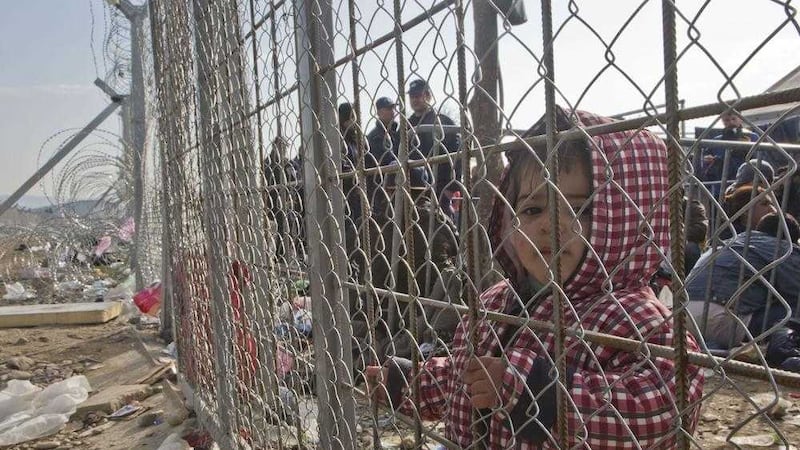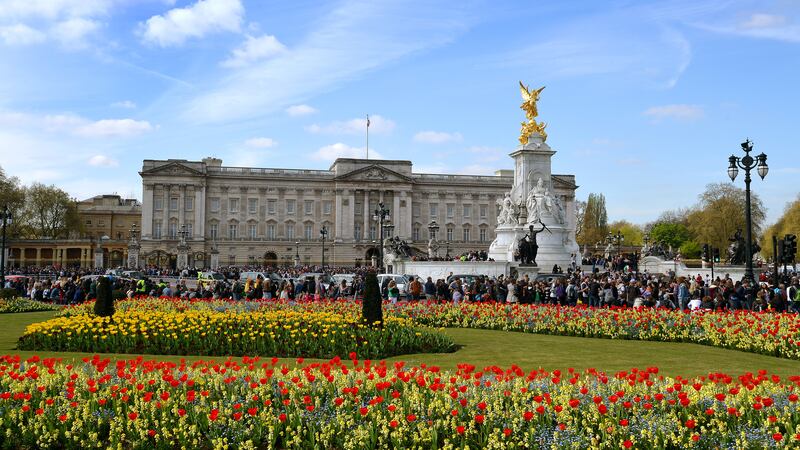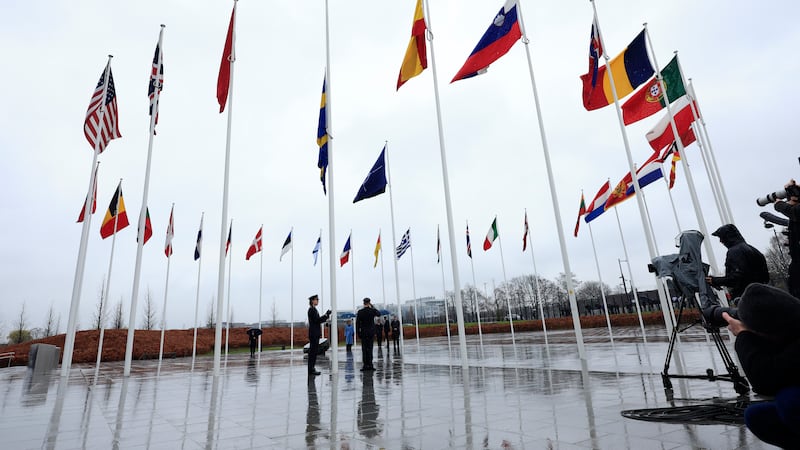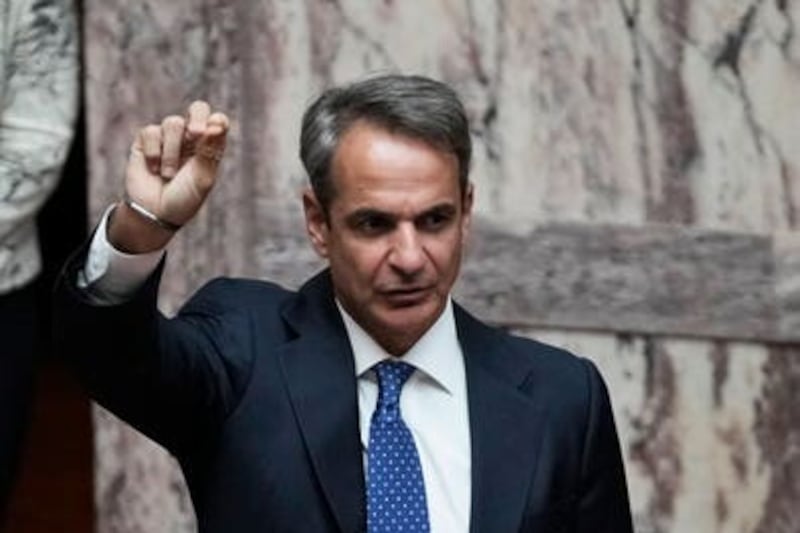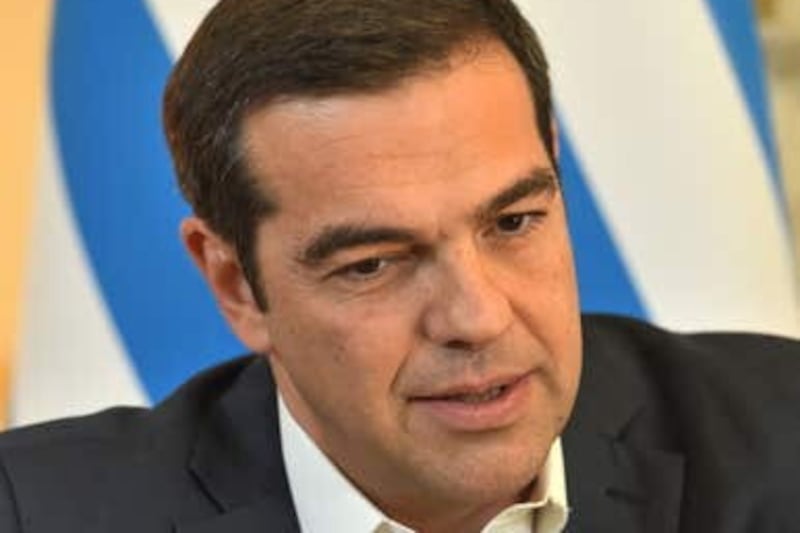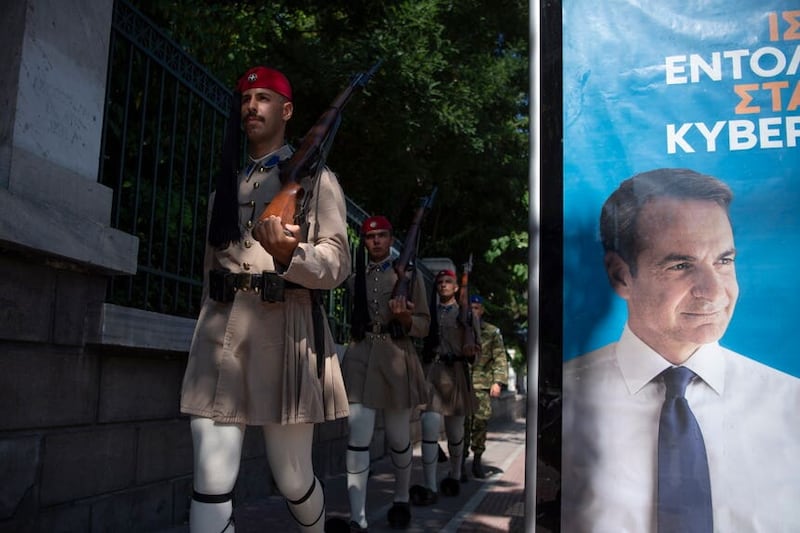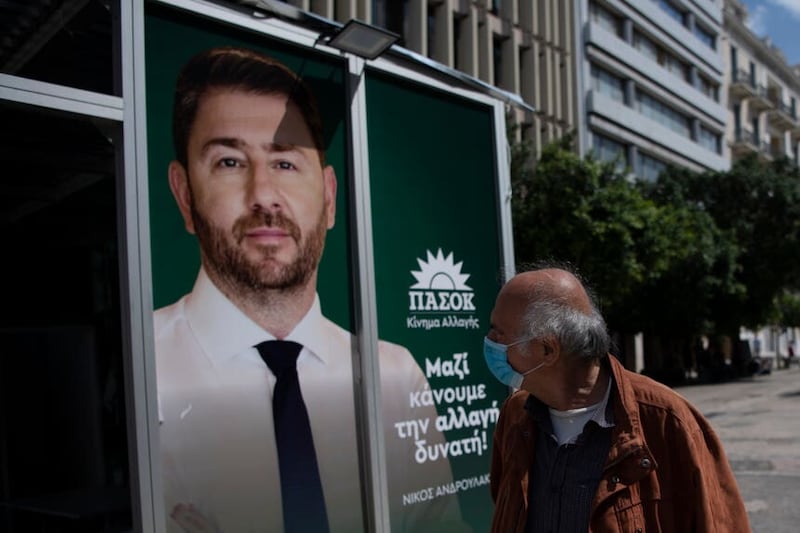A UNITED Nations migration official has warned 70,000 people are set to be "trapped" in Greece in coming weeks because countries including Macedonia are closing their borders to the flow of migrants into Europe.
Peter Sutherland, secretary-general Ban Ki-moon's special representative for international migration, said the "inevitable consequence" of closed borders throughout the Balkans "is that Greece increasingly becomes a camp for refugees and migrants".
Mr Sutherland noted that half of those arriving in Greece via the Turkish coast are Syrians, and about 70 per cent of them come straight from Syria without stopping long in Turkey, which has already taken in 2.7 million Syrians.
He urged a better international response, saying: "The issue for the global community is: Are we prepared to share responsibility, or not?"
Earlier, Greece's prime minister called for sanctions to be imposed on European Union states that refuse to take in their fair share of refugees.
Speaking after a meeting with European Council president Donald Tusk in Athens, Alexis Tsipras promised to provide "dignified" living conditions for the more than 25,000 migrants trapped in Greece after other countries further north along the migration route to western Europe imposed sweeping entry restrictions.
But he insisted that the solution can only be temporary and Greece will accept only its fair share of permanently resettled refugees.
Mr Tusk warned prospective economic migrants to not even think of setting off towards Europe.
He said people who are looking for a better life but are not fleeing war should not risk their lives or their money paying smugglers to bring them to Europe.
He said: "It is all for nothing. Greece, or any other European country, will no longer be a transit country."
Mr Tusk was in Athens as part of a tour through countries worst affected by the continent's immigration crisis.
Meanwhile, a group of refugees blocked a railway line at Greece's border with Macedonia in protest at Macedonia's refusal to let them in.
The group lay down on the Greek side of the track on Thursday morning, preventing a freight train that had just crossed from Macedonia from continuing its journey south.
Some 10,000 people are stranded at the Idomeni border crossing.
Macedonian authorities have said they will only let in as many people as the next country on the route, Serbia, takes.
Greek police said that in the 24 hours to 6am on Thursday, 500 people were allowed to cross.
